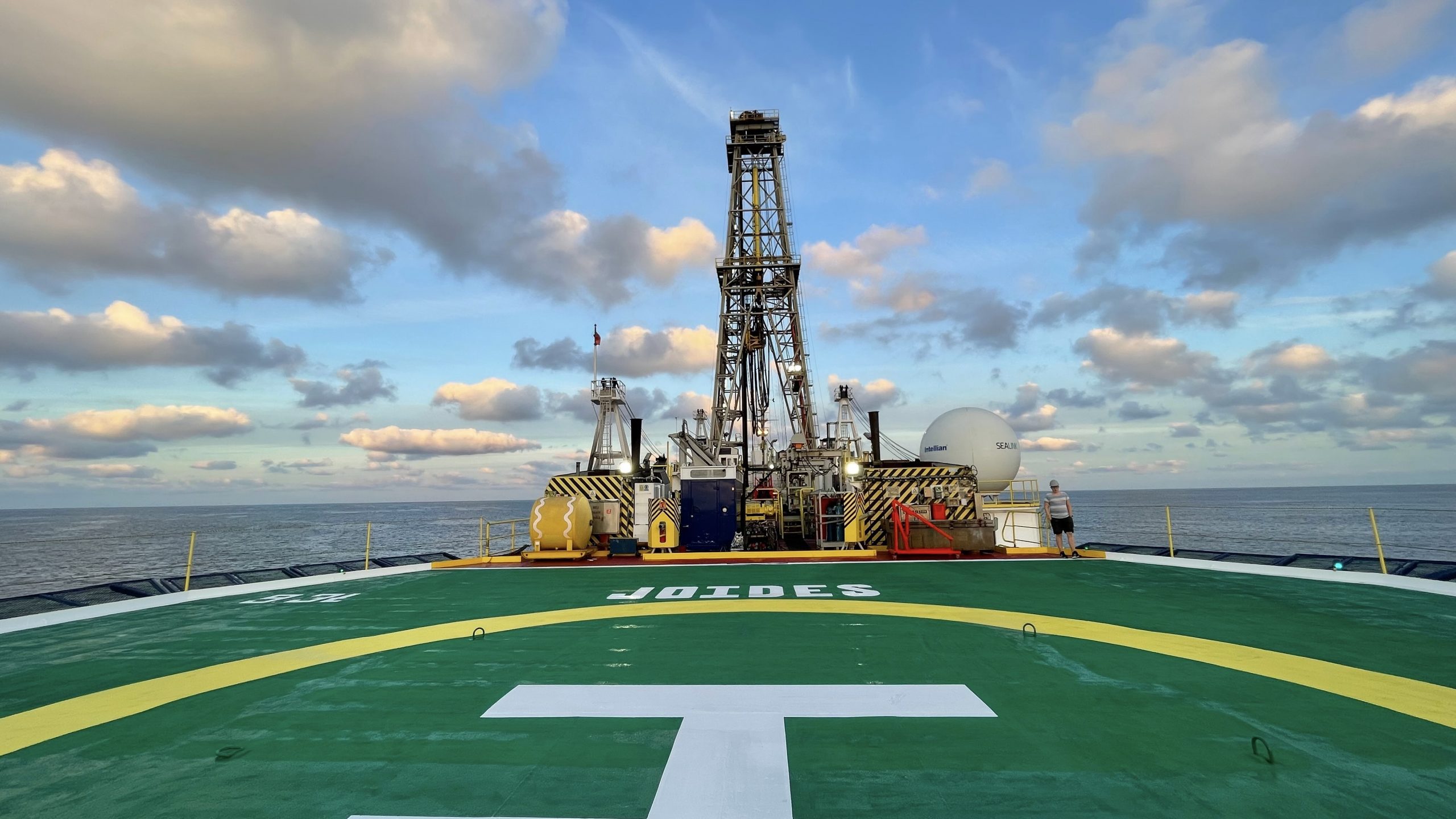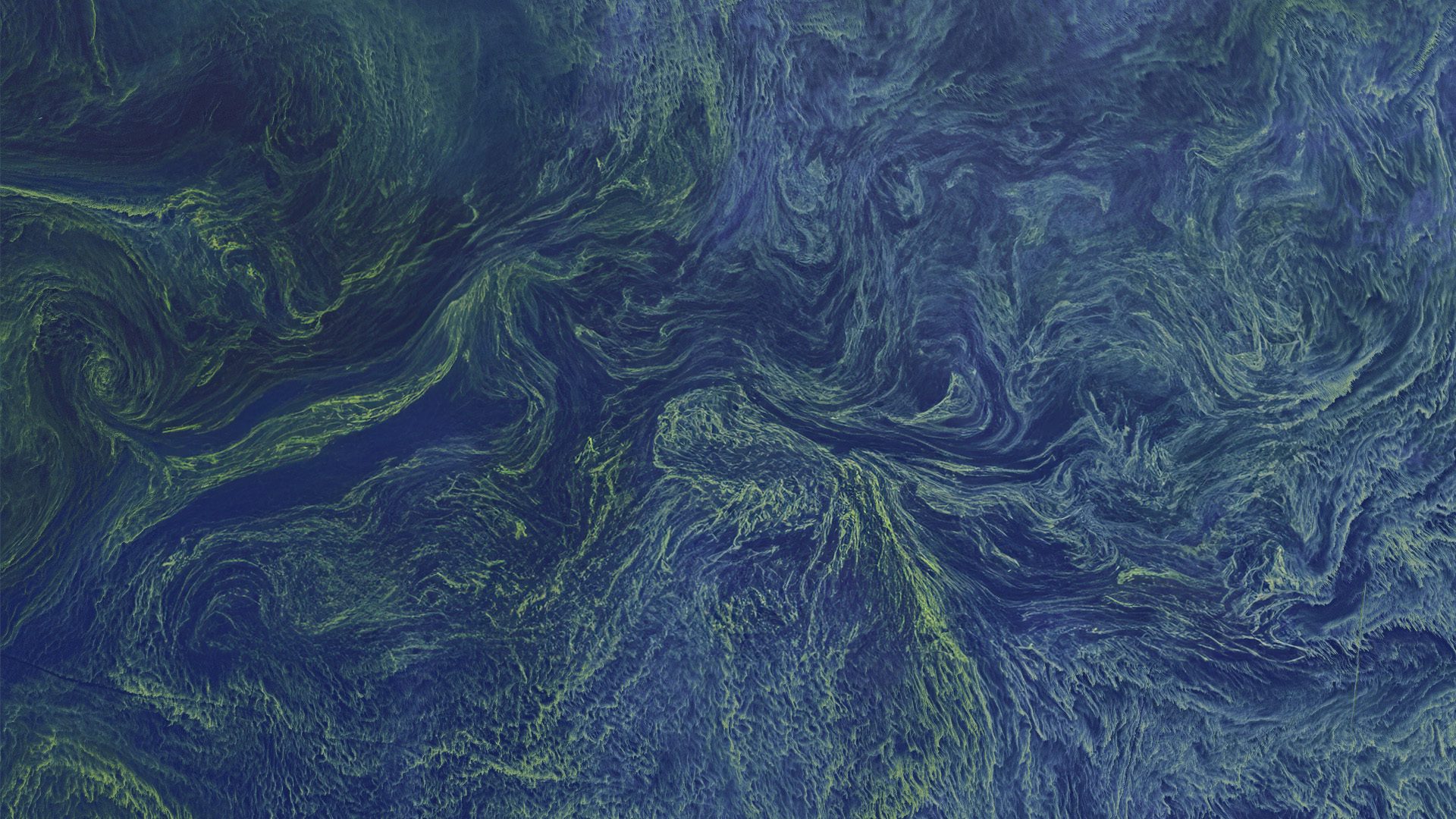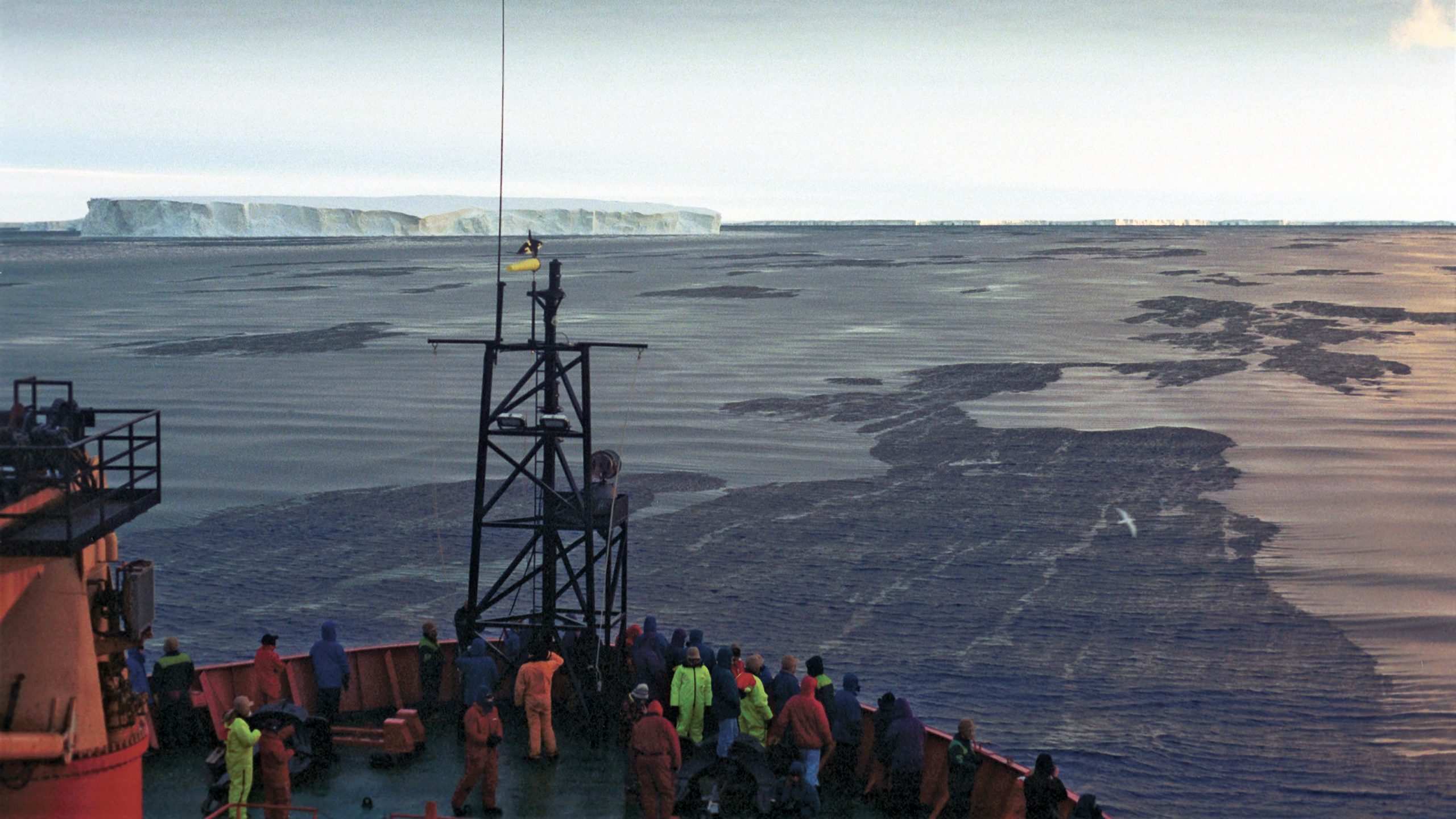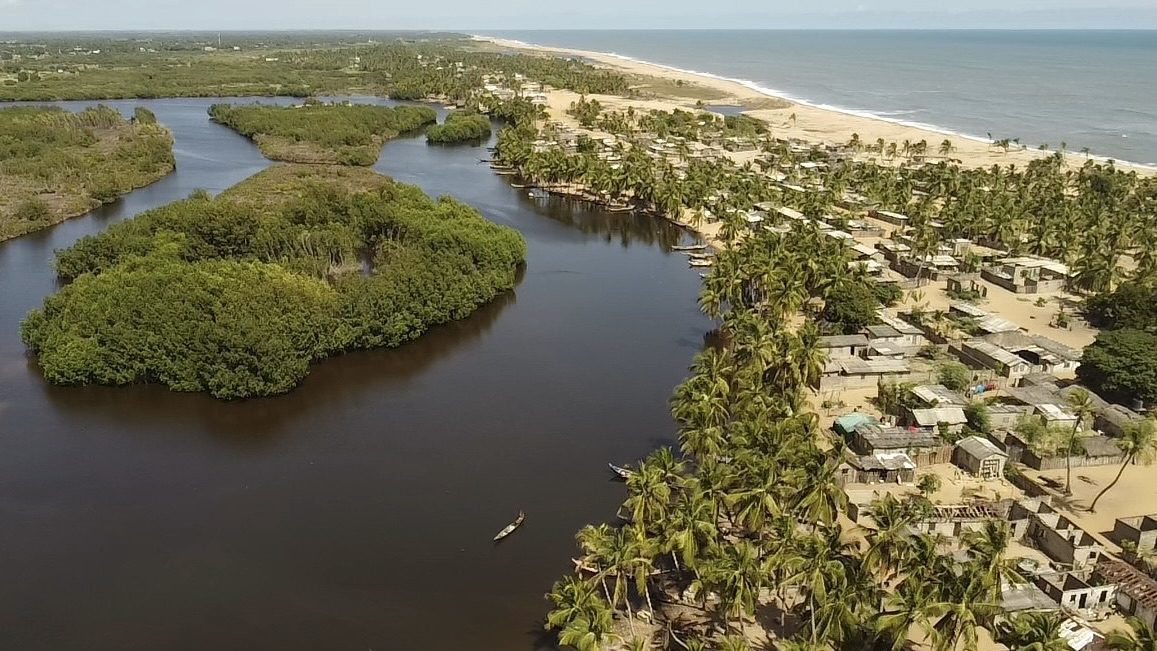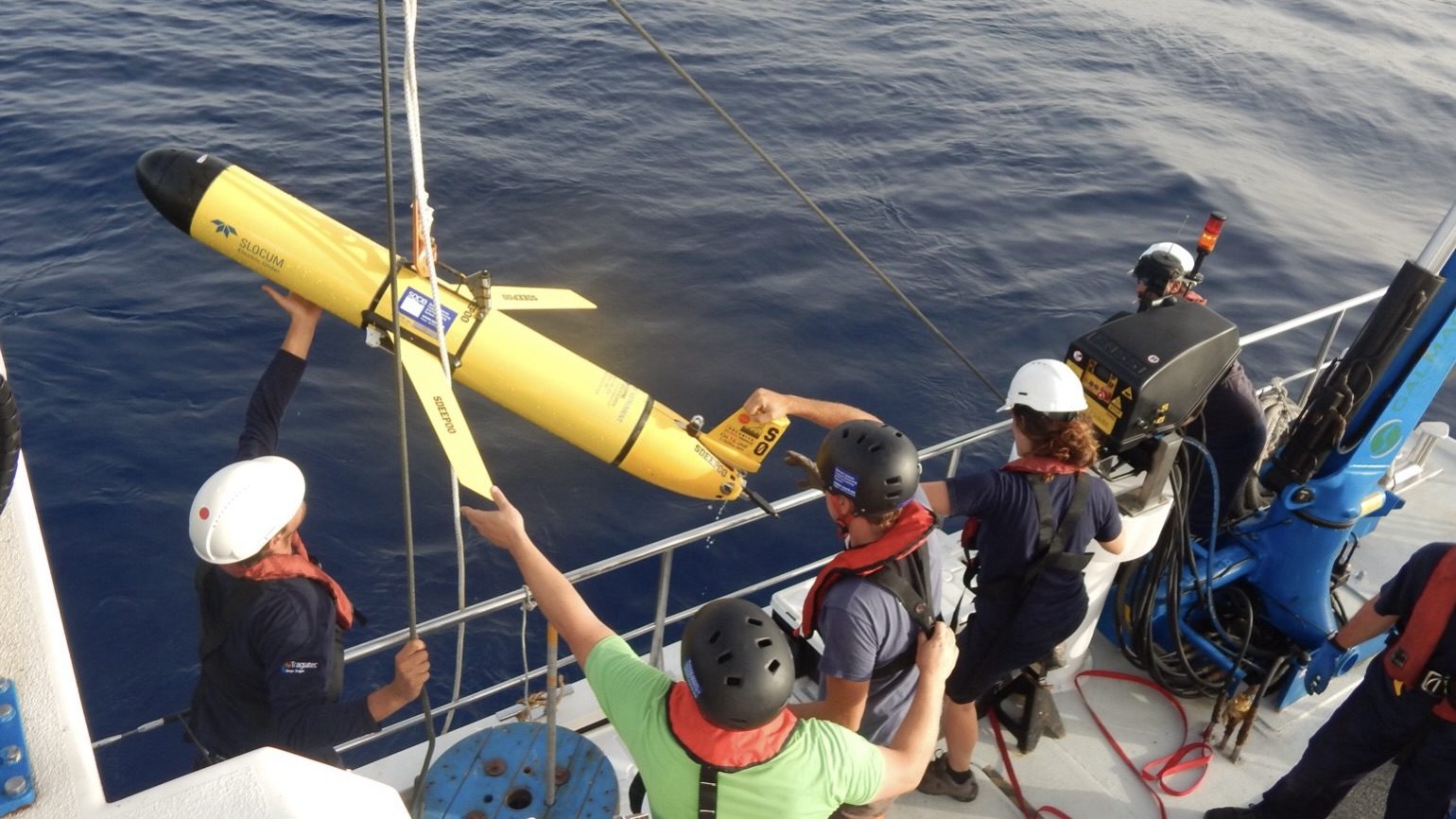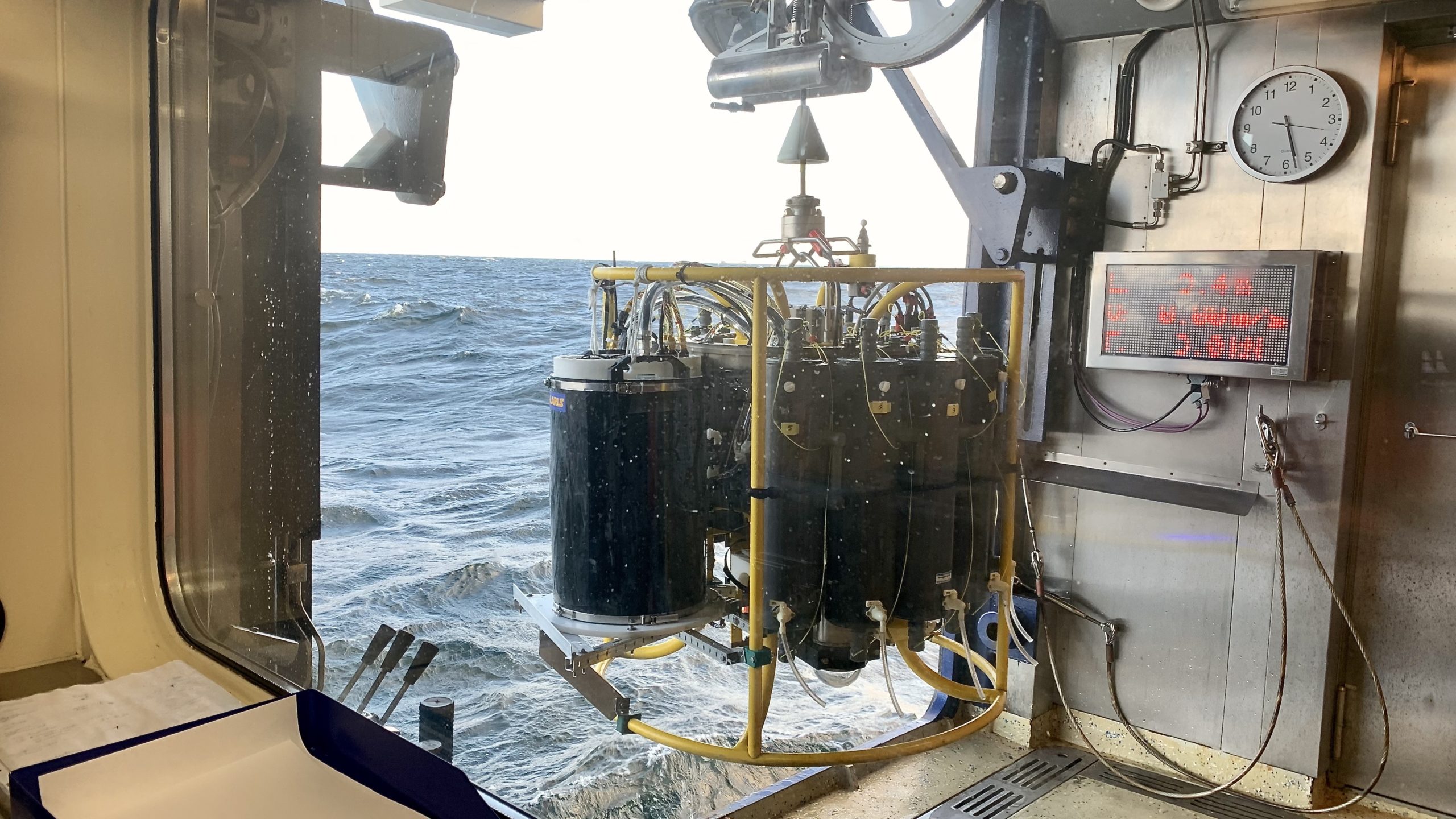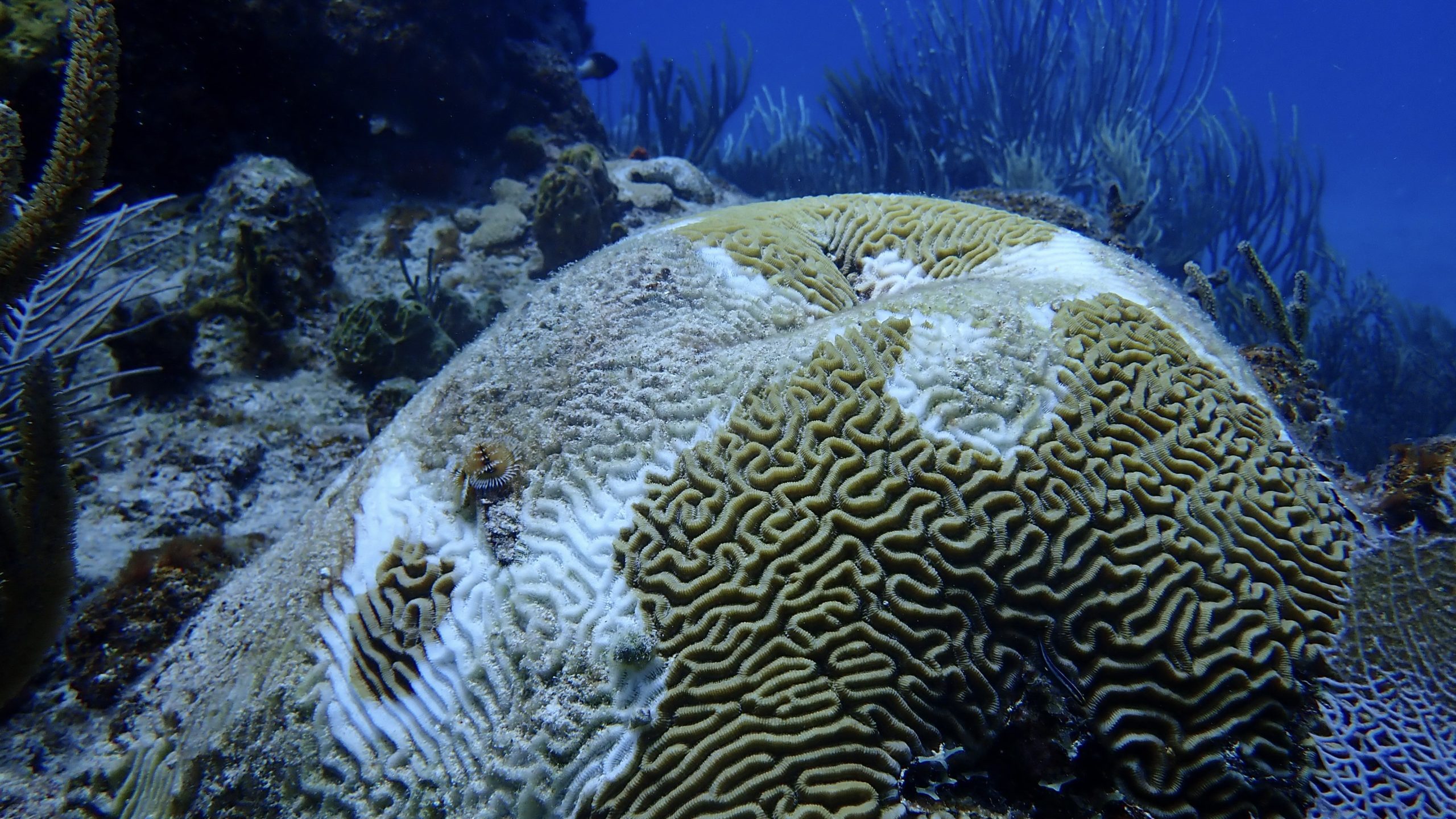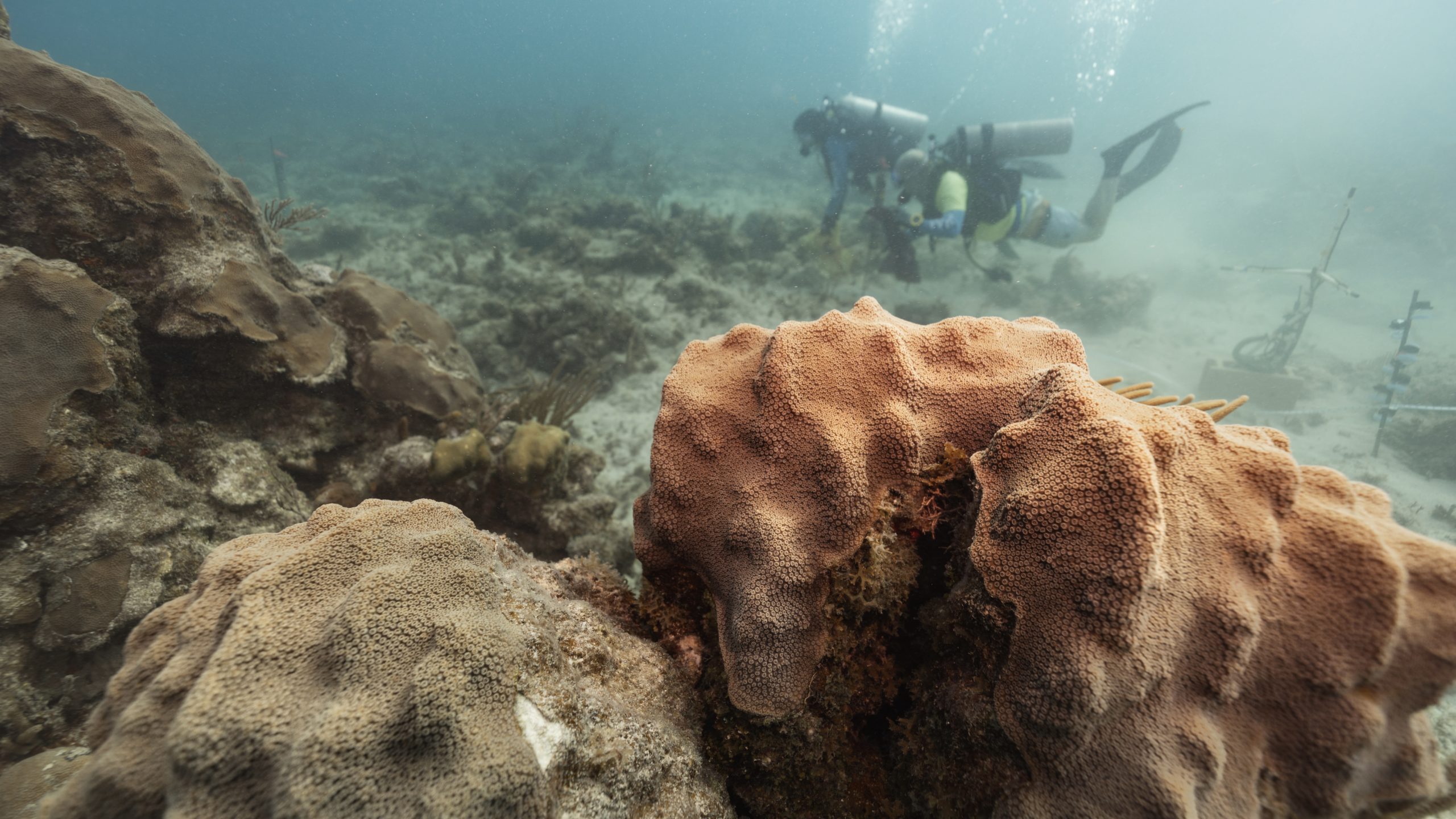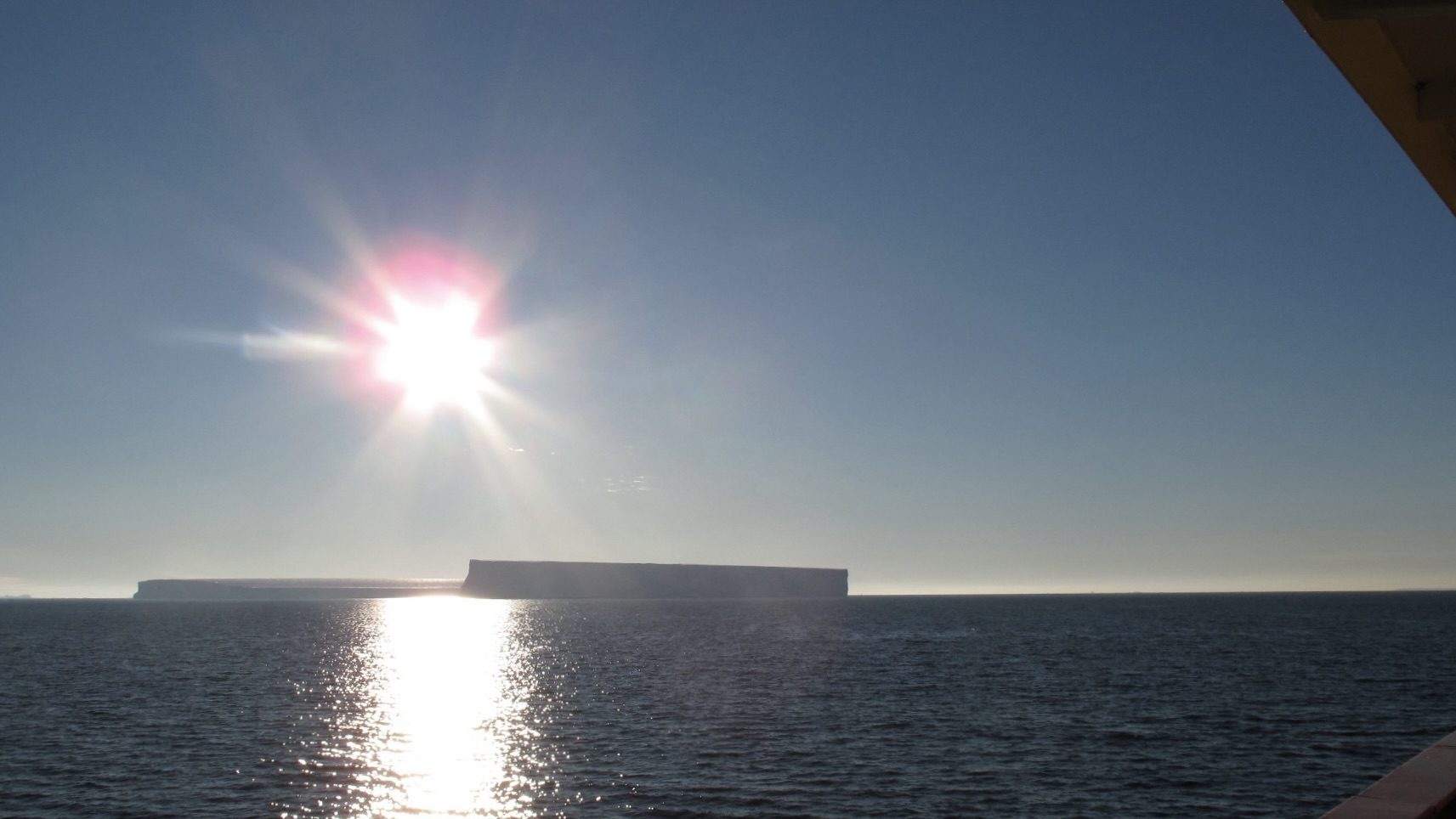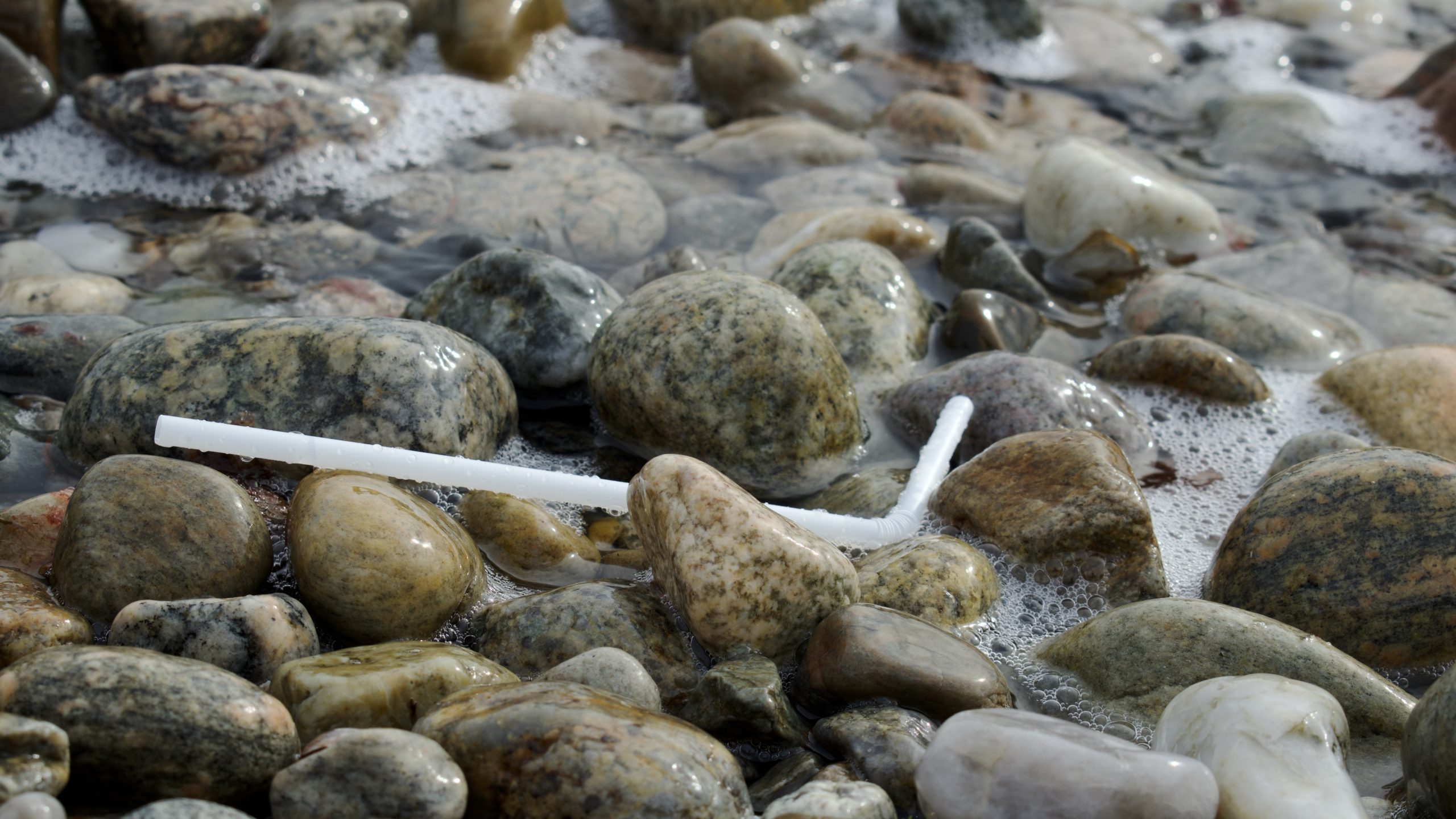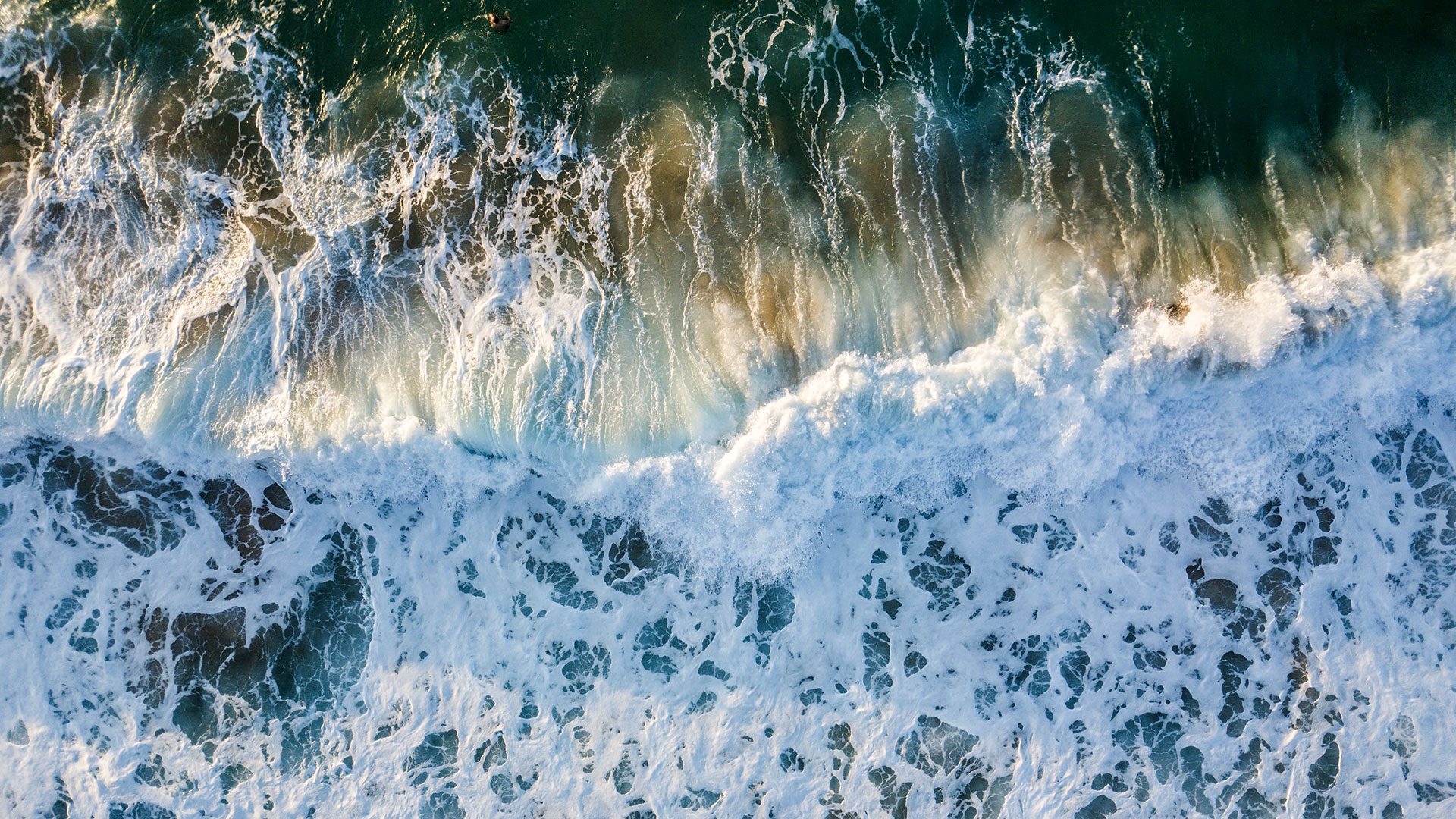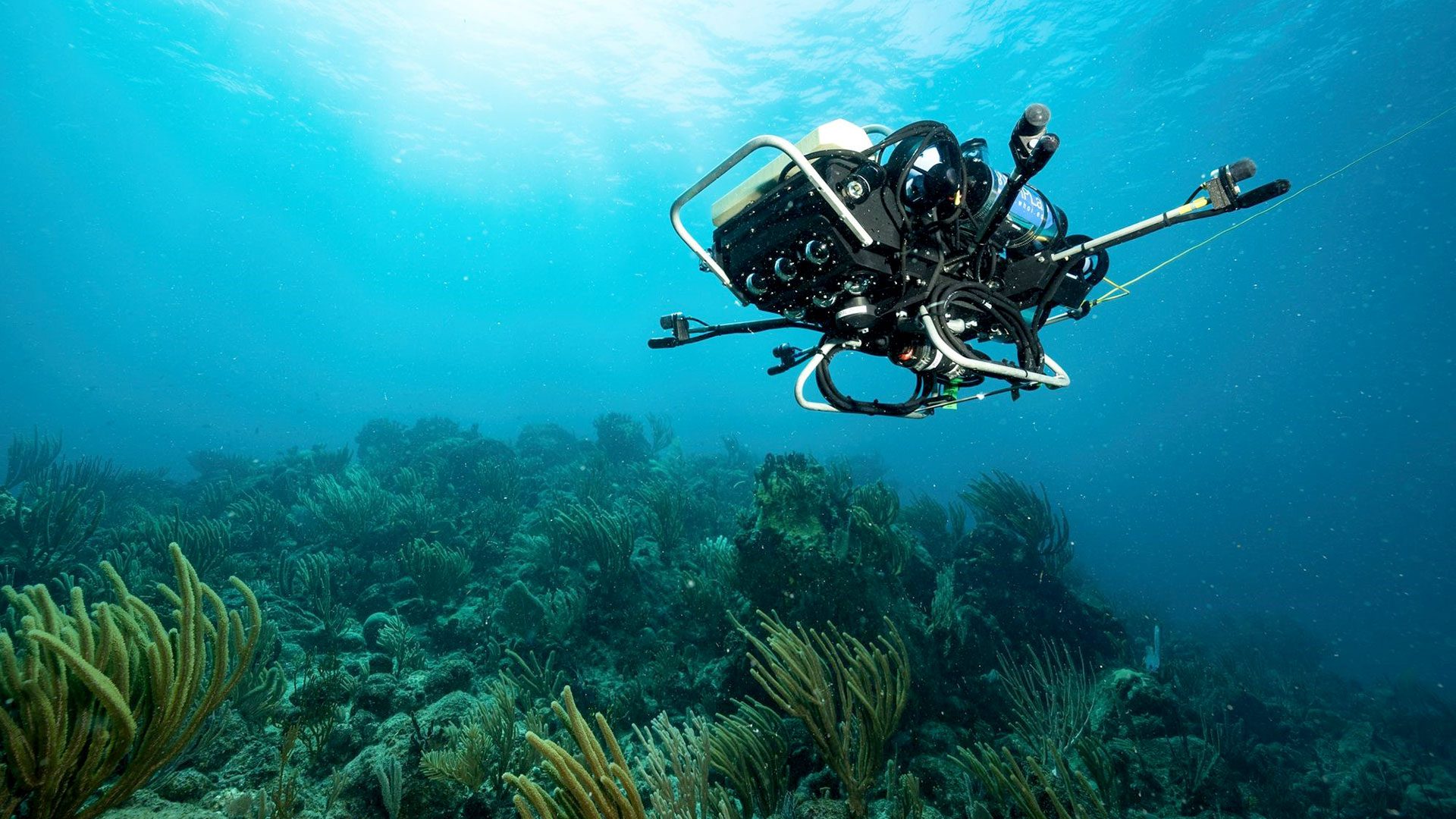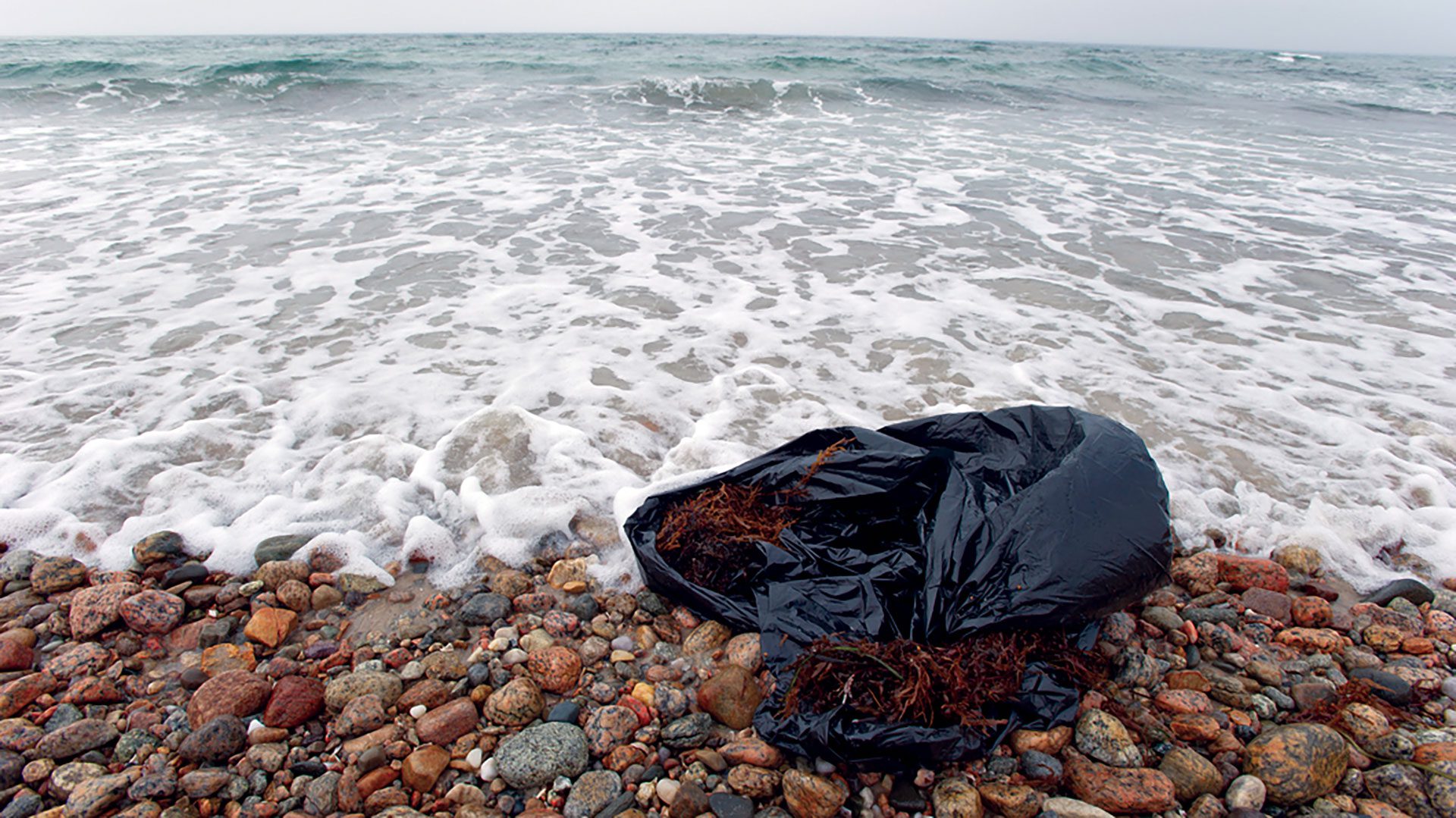News Releases
Deep ocean clues to a million-year-old Ice Age puzzle revealed in new study
A new WHOI-led study challenges theories regarding the origins of a significant transition through the Earth’s ice ages.
Read MoreOcean leaders renew focus on the sea ahead of UN summit
WHOI and partners pen Baku Declaration, emphasizing the need for ocean observatories to meet climate and biodiversity goals at COP29
Read MoreCan adding iron to the ocean help it absorb CO2?
A newly published article spells out the work needed to assess the potential of ocean iron fertilization as a low cost, scalable, and rapidly deployable method of mCDR.
Read MoreMantle rock recovery may reveal secrets of Earth’s history
Scientists unravel the role of our planet’s mantle in volcanism and global cycles
Read MoreWHOI to Receive Funding For Ocean Margins Initiative in West Africa
New program at Schmidt Sciences will refine details of ocean carbon cycling and ecosystem resilience
Read MoreFor microscopic organisms, ocean currents act as ‘expressway’ to deeper depths, study finds
New research shows how tiny plant-like organisms hitch a ride on ocean currents to reach darker and deeper depths, where they impact carbon cycling and microbial dynamics in the subtropical oceans.
Read MoreHuman Activity Is Causing Toxic Thallium to Enter the Baltic Sea, According to New Study
Human activities account for a substantial amount – anywhere from 20% to more than 60% – of toxic thallium that has entered the Baltic Sea over the past 80 years, according to new research by scientists affiliated with WHOI and other institutions.
Read MoreStudy: eDNA methods give a real-time look at coral reef health
Researchers from WHOI studied the microbes in coral reef water by examining eight reefs in the U.S. Virgin Islands over a period of seven years, which included periods of hurricane and coral disease disturbance.
Read MoreSonic Youth: Healthy Reef Sounds Increase Coral Settlement
Researchers at WHOI demonstrated that replaying healthy reef sounds could potentially be used to encourage coral larvae to recolonize damaged or degraded reefs.
Read MoreVitamin B12 adaptability in Antarctic algae has implications for climate change
Woods Hole, Mass. — Vitamin B12 deficiency in people can cause a slew of health problems and even become fatal. Until now, the same deficiencies were thought to impact certain…
Read MoreSome Plastic Straws Degrade Quicker Than Others, New Study Shows
WHOI researchers determine lifetimes of drinking straws in the coastal ocean and develop a prototype bioplastic straw that degrades even faster than paper
Read MoreWoods Hole Oceanographic Institution receives $8.5 million in Department of Energy funding for mCDR research
Woods Hole, Mass – The U.S. Department of Energy today announced Woods Hole Oceanographic Institution (WHOI) is one of the ten organizations selected for funding to accelerate the development of…
Read MoreWHOI Awarded Funding to Support Research and Development of Marine Carbon Dioxide Removal
WHOI researchers are among the 17 projects that have been awarded funding by NOAA’s Ocean Acidification Program on behalf of the National Oceanographic Partnership Program (NOPP).
Read MoreToward a New Era of Reef Solutions
WHOI coral reef researchers propose a new technology-centered focus to study and conserve coral reefs
Read MoreWHOI helps lead groundbreaking study on the human and ocean health impacts of ocean plastics
For the first time, leading researchers from the fields of healthcare, ocean science, and social science have collaborated to quantify plastic’s considerable risks to all life on Earth. The Minderoo-Monaco Commission on Plastics and Human Health report, released today, presents a comprehensive analysis showing plastics as a hazard at every stage of their life cycle.
Read More
